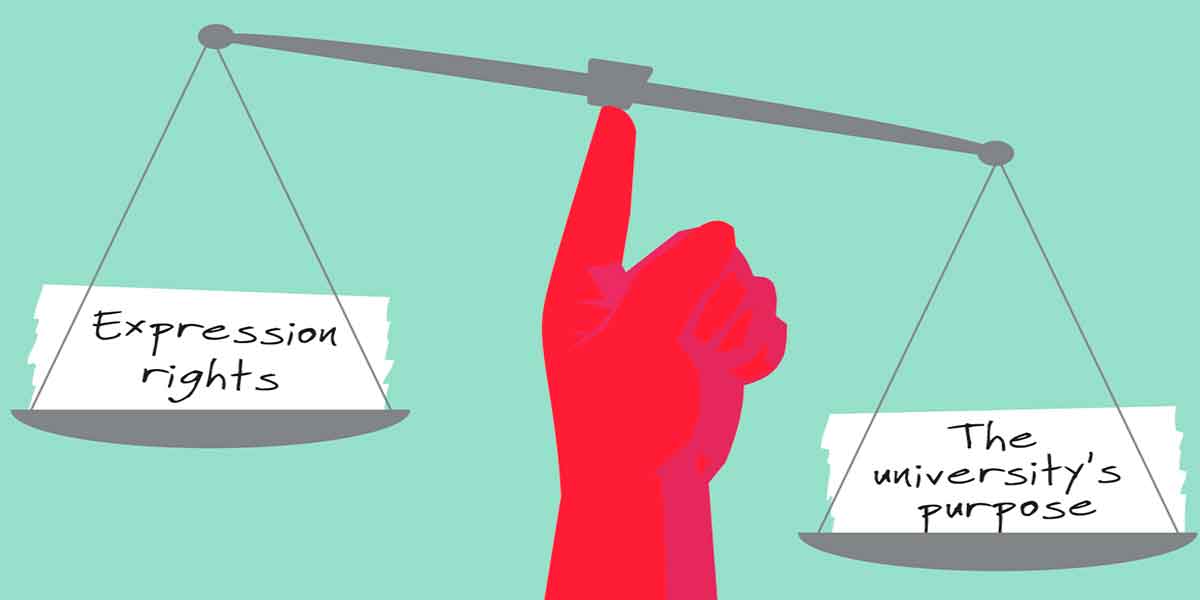In the United States, a person’s right to free speech is protected by the First Amendment which states “Congress shall make no law … abridging the freedom of speech, or of the press.” However, while the first amendment safeguards a person’s freedom of speech, it is not meant to be used as a pass for the dissemination of false and damaging statements. This is especially true of statements that are made with the intent to harm an individual’s reputation or livelihood. In this post, we’ll go over what encompasses defamation as well as what you need to do to prove defamatory statements have been made against you. If you have suffered damages because of defamatory statements, get in touch with Novo Law Firm PC. Our attorneys can help you put an end to any defamations made against you and secure the financial recovery you deserve.
Understanding defamation
Though there seems to be an overlap between the right to free speech and defamation, they do not encompass the same principles. Defamation comprises false statements that are promulgated with the intent to cause harm to a person or business. These statements, whether written (libel) or spoken (slander), are presented as factual and can lead to a tarnished reputation, financial loss, and emotional distress. As such, defamation does not even qualify for protection under the First Amendment.
However, it is important to differentiate between defamatory statements and statements that are merely unfavorable opinions. For example, if someone says, “I think John is not trustworthy” they are conveying their personal opinion and have every right to do so, even if their opinion is untoward. The problem arises when someone makes a statement like, “I think John has been embezzling money from the company.” Here, John is being implicated in an illegal activity through a statement that is being presented as fact and that could harm his reputation and even cost him his job. If the statement turns out to be false, it is considered defamation and could result in legal action.
How to prove defamation
Defamation falls under personal injury as it can lead to economic and non-economic damages. And, similar to any other personal injury case, the claimant in a defamation case needs to demonstrate that certain criteria were met in order to receive compensation for any resulting damages.
The crux of a defamation case lies in proving that the statement made against someone is untrue. If there is any truth to the assertion, then there is no claim to be made. Truth is the ultimate rebuttal to a claim of defamation, even if it the statement made is unfavorable and sheds negative light on the individual under discussion. There is simply no declaration to be made against the truth.
In addition to proving that a defamatory statement is indeed a fabrication, a claimant needs to present evidence that the individual who made the statement was fully aware of its falsehood. At the very least, there needs to be proof that the accused was indifferent to the possibility that the statement made might have been untrue.
Another important element in a defamation claim is the publication or verbal dissemination of the defamatory statement to a third-party. In other words, another person needs to have read or heard the statement made by the accused. This can happen through a newspaper or magazine article, an online post, or simply by word of mouth. The point here is that in promulgating a false statement as fact to others, the accused intended to cause some kind of harm to the claimant.
This brings us to the matter of damage in a defamation claim. Depending on the type of statement that was made, a claimant may not have to prove that they suffered any damages. These types of statements are known as defamation per se, and they include:
-charging someone with a serious crime
-expressing false statements that hurt someone’s business or livelihood
-stating that someone has a loathsome disease
-imputing that someone is unchaste
If the accused has made any of these statements against the claimant, the claimant does not have to show proof of damages as the statements themselves are considered inherently damaging. However, most cases do require proof that a claimant suffered actual harm as a result of defamatory statements. Damages in defamation cases can include loss of employment or business, loss of reputation or credibility, and emotional distress among others.
Defamation claims can become quite complicated and require an in-depth understanding of personal injury law related to slander and libel. If you have been or are currently experiencing defamation, call Novo Law Firm PC to speak to an attorney. We have 20 years of experience in defamation claims and can put an end to any false statements being made against you as well as recover the financial compensation you’re entitled to.







